On the morning of September 23, the Ho Chi Minh City National Assembly Delegation held a conference to provide comments on four draft laws: Law on Enforcement of Civil Judgments (amended); Law on Enforcement of Criminal Judgments (amended); Law on Judicial Expertise (amended); Law on Enforcement of Temporary Detention, Temporary Imprisonment and Prohibition from Leaving Place of Residence. These drafts are expected to be submitted to the National Assembly for approval at the upcoming 10th session.
The conference was chaired by delegate Duong Ngoc Hai, former Permanent Vice Chairman of the Ho Chi Minh City People's Committee and delegate Nguyen Thanh Sang, Deputy Head of the Ho Chi Minh City Party Committee's Internal Affairs Committee.
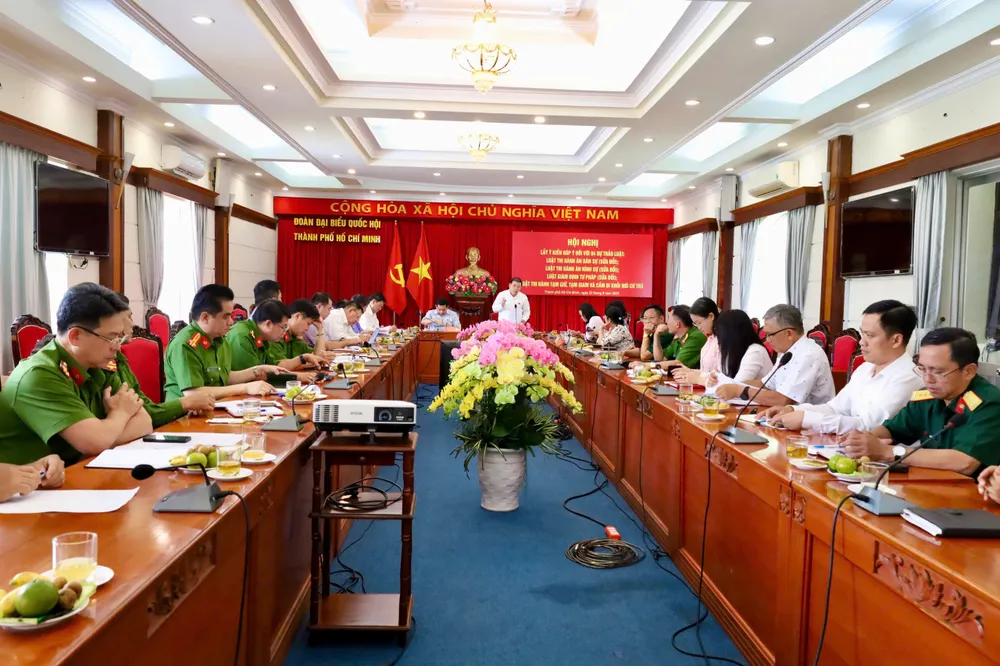
Recommendations for the use of GPS tracking bracelets
Mr. Phung Van Hai, Deputy Chief Justice of the Ho Chi Minh City People's Court, assessed that the draft Law on Temporary Detention, Temporary Imprisonment and Prohibition from Leaving the Place of Residence demonstrates "a strategic and progressive vision", especially when applying technology to management. He cited that Article 15 adds regulations on collecting highly accurate biometric data such as iris, DNA, voice in addition to portraits and fingerprints, helping the work of identifying, managing and tracking subjects to achieve almost absolute accuracy, while creating a solid foundation for the application of artificial intelligence in the future.
The draft also proposes to build a "Room to serve as a bridge point for online trials" right at the detention camp, serving online trials, a solution to help save time and costs, in sync with the judicial reform process.
In particular, Clause 4, Article 17 allows homosexuals and transgender people to be placed in separate cells when requested or necessary. Mr. Hai said that this is a humane regulation, demonstrating the spirit of respecting diversity, protecting the rights and safety of vulnerable groups, in line with international legal trends.
However, he also noted that regarding the management and supervision measures for people who are prohibited from leaving their place of residence, Chapter 7 of the draft still focuses on traditional management measures such as appearance, roll call, and face check by the commune-level police. In the context of large urban areas, these methods are not effective enough and are easily bypassed by violators. Therefore, he recommended adding modern electronic monitoring regulations (electronic bracelets with GPS positioning, specialized mobile applications) to effectively control cases of suspects and defendants who commit particularly serious crimes; people with criminal records for serious crimes and cases with high risk of escape.
Also on the issue of electronic monitoring, the representative of Detention Camp No. 1 stated that the current law does not have comprehensive regulations on the application of electronic monitoring devices for people serving sentences in the community, while in reality, managing subjects in the community is difficult.
Electronic monitoring therefore enhances control, reduces the risk of escape, reduces direct administrative pressure on detention facilities, and allows for “soft” monitoring alternatives to detention in many appropriate cases.
The right to donate organs and store eggs and sperm needs to be specifically legalized.
Commenting on the draft Law on the Execution of Criminal Sentences (amended), Mr. Phung Van Hai said that the regulation on the right to store eggs and sperm of prisoners is very humane but lacks specific guidance on procedures and funding. Otherwise, it can easily lead to inequality among prisoners. Therefore, he proposed to add a principled provision "The State creates conditions for prisoners to exercise the right to store eggs and sperm according to their wishes", and at the same time assign the Government to specify the details of the implementation process. The funding source can be socialized or paid by prisoners themselves, but the State is responsible for supporting procedures and creating a coordination mechanism with medical facilities.
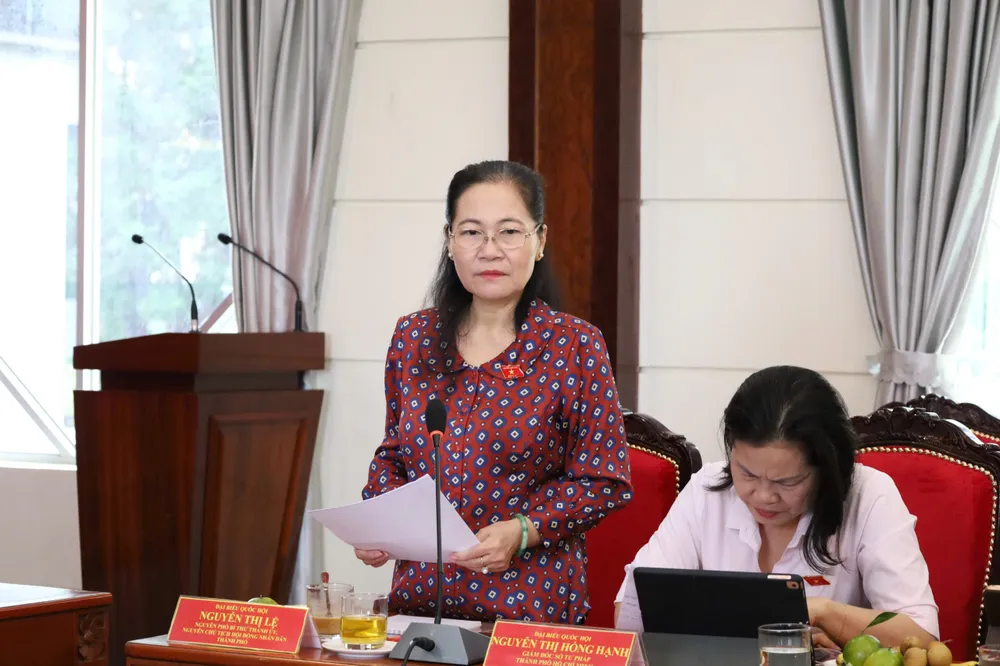
National Assembly delegate Nguyen Thi Le also commented that this is a “big step forward with a strong humane character”, not only in accordance with the Constitution but also creating psychological motivation to help prisoners feel secure in their rehabilitation. However, to be feasible, the law needs to clearly stipulate the implementation mechanism, from procedures to special medical regimes, funding sources and assign the Government to elaborate.
Concluding the conference, delegate Nguyen Thanh Sang, on behalf of the Ho Chi Minh City National Assembly Delegation, acknowledged the contributions. Mr. Nguyen Thanh Sang assessed that the opinions at the conference were very practical, linked to the expertise and experience of the agencies directly enforcing the law.
He emphasized that these are important draft laws, directly affecting the management of detention, execution of sentences and people's lives. Therefore, opinions from the grassroots, units that regularly come into contact with reality, are of special value, helping the Ho Chi Minh City National Assembly Delegation have more basis to contribute at the National Assembly, ensuring that the revised laws are increasingly complete and closer to reality.
Add video call and essential gifts for prisoners
Delegate Nguyen Thi Le said that the draft Law on Enforcement of Criminal Judgments (amended) has many important additions to better ensure human rights and civil rights in accordance with the spirit of the Constitution, such as changes in the regime of visiting, receiving gifts and contacting prisoners.
The new regulations on visiting and contact regimes have resolved many practical problems such as allowing online visits during epidemics or other force majeure cases, which is very flexible and humane. Or the addition of electronic communication (video call) is very suitable for technological trends and practical needs. Especially with the gift receiving regime, delegates said that initially the draft tended to only allow receiving money, but after receiving opinions, allowing receiving essential items is reasonable because material gifts also have great spiritual meaning.
Source: https://www.sggp.org.vn/pham-nhan-duoc-lien-lac-bang-video-call-la-phu-hop-thuc-tien-post814311.html



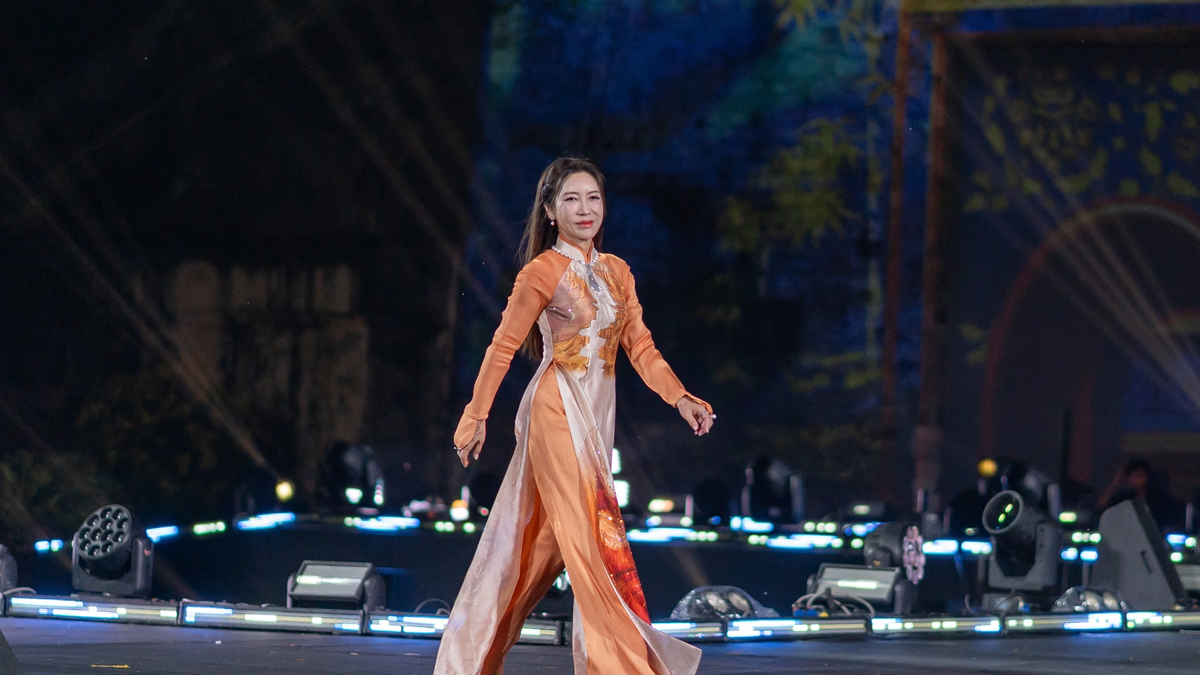

![[Photo] Discover unique experiences at the first World Cultural Festival](https://vphoto.vietnam.vn/thumb/1200x675/vietnam/resource/IMAGE/2025/10/11/1760198064937_le-hoi-van-hoa-4199-3623-jpg.webp)


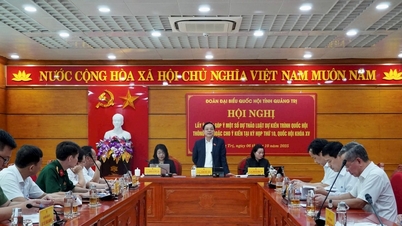

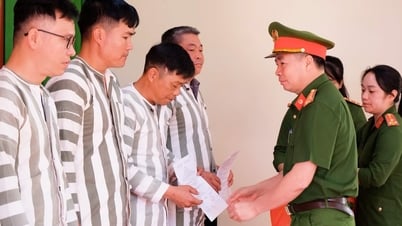

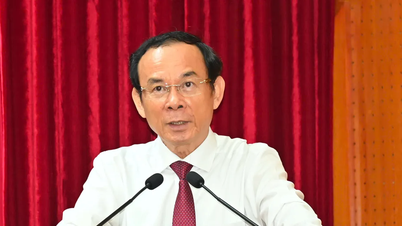
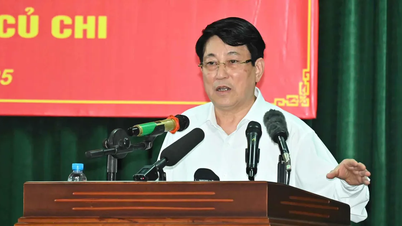
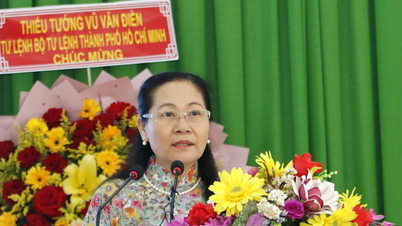
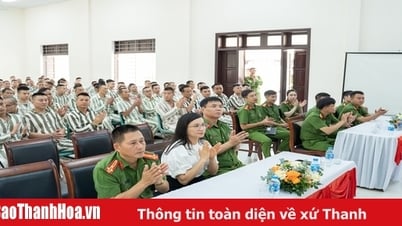

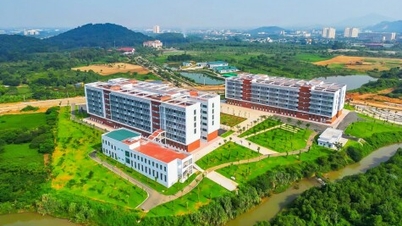


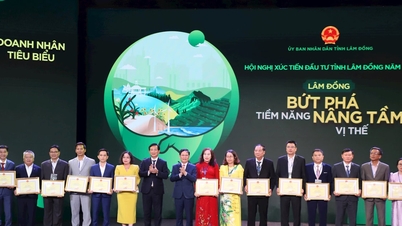
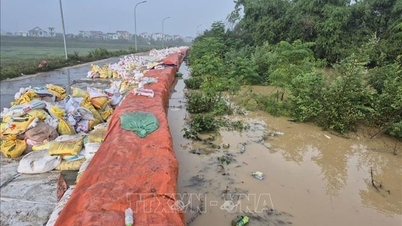

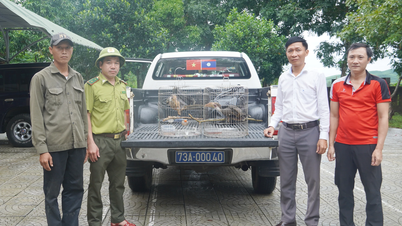

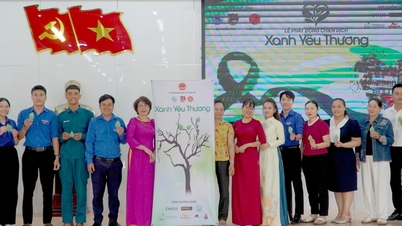





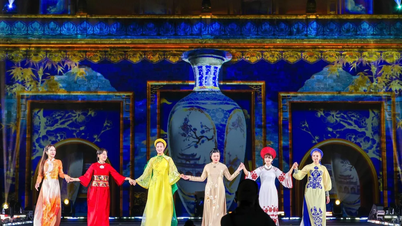

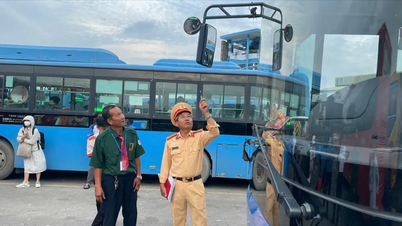

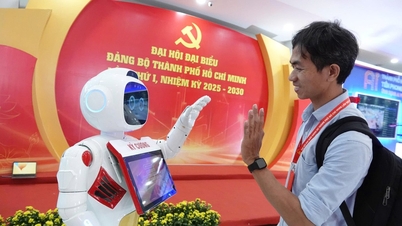


![[Photo] General Secretary attends the parade to celebrate the 80th anniversary of the founding of the Korean Workers' Party](https://vphoto.vietnam.vn/thumb/1200x675/vietnam/resource/IMAGE/2025/10/11/1760150039564_vna-potal-tong-bi-thu-du-le-duyet-binh-ky-niem-80-nam-thanh-lap-dang-lao-dong-trieu-tien-8331994-jpg.webp)





















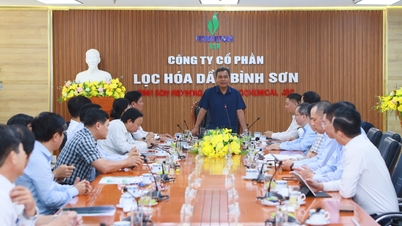







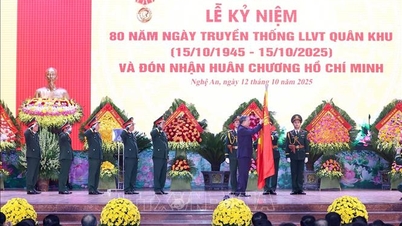

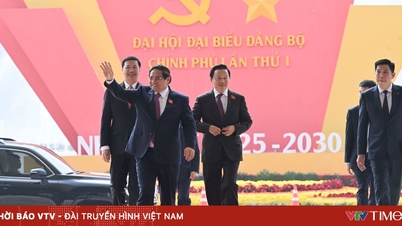


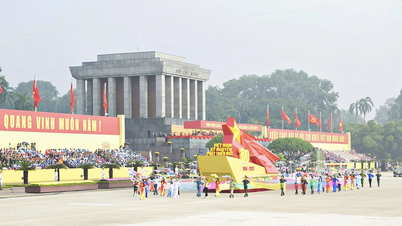

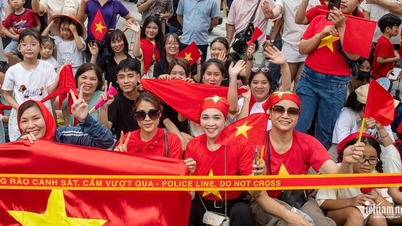

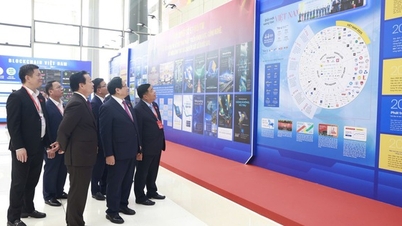



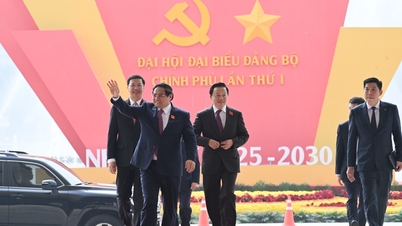

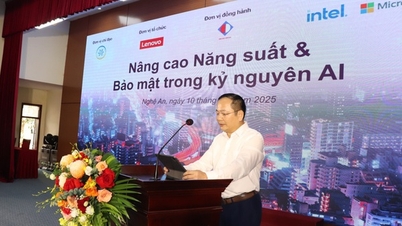

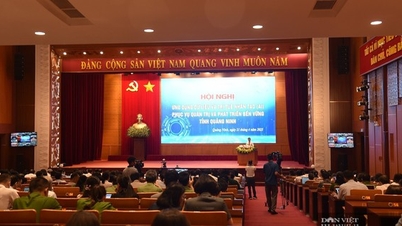
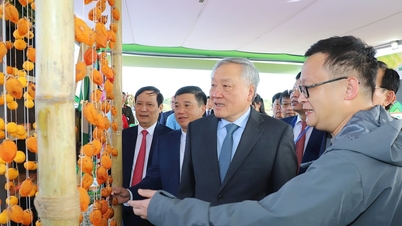
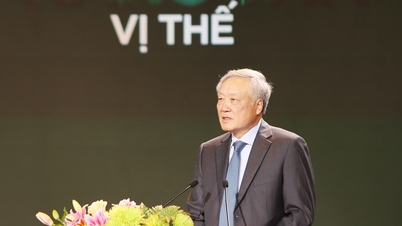
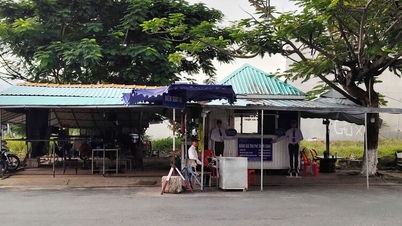

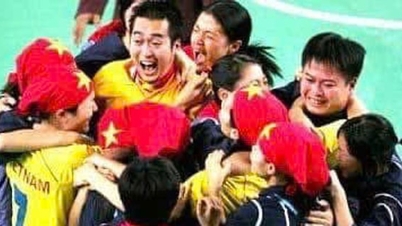

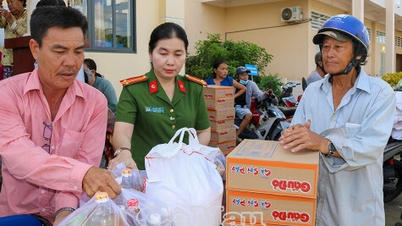
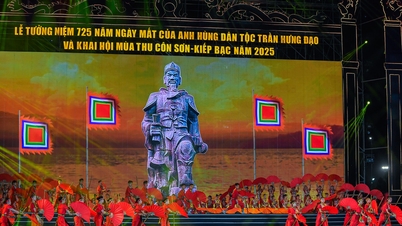












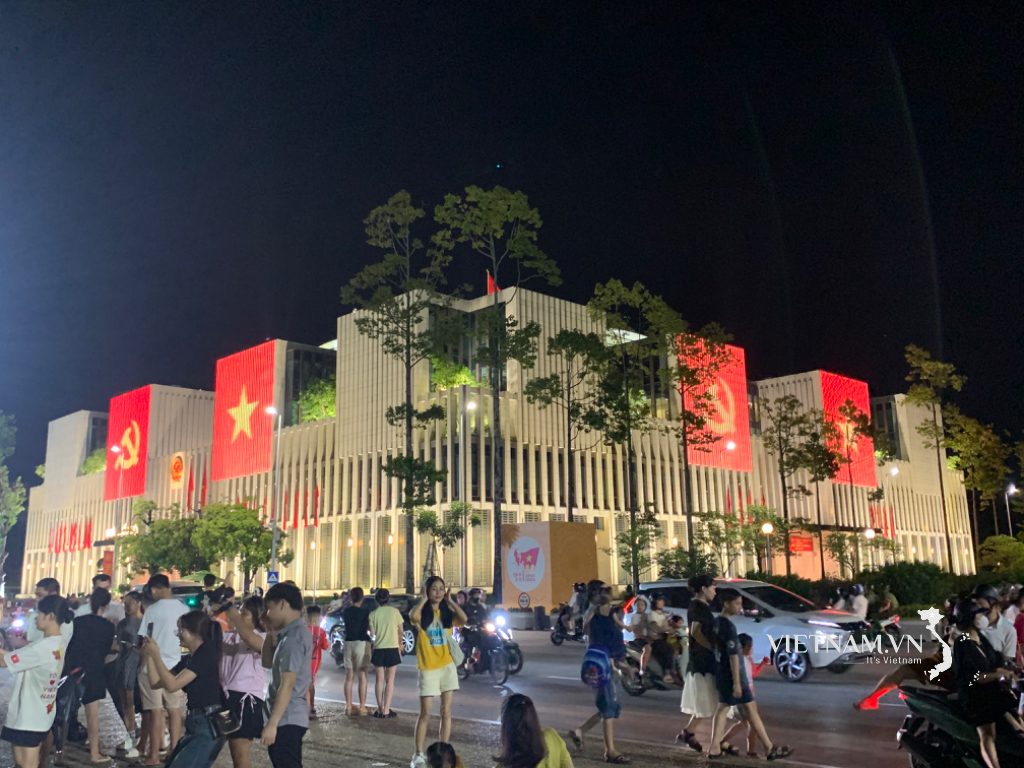

Comment (0)